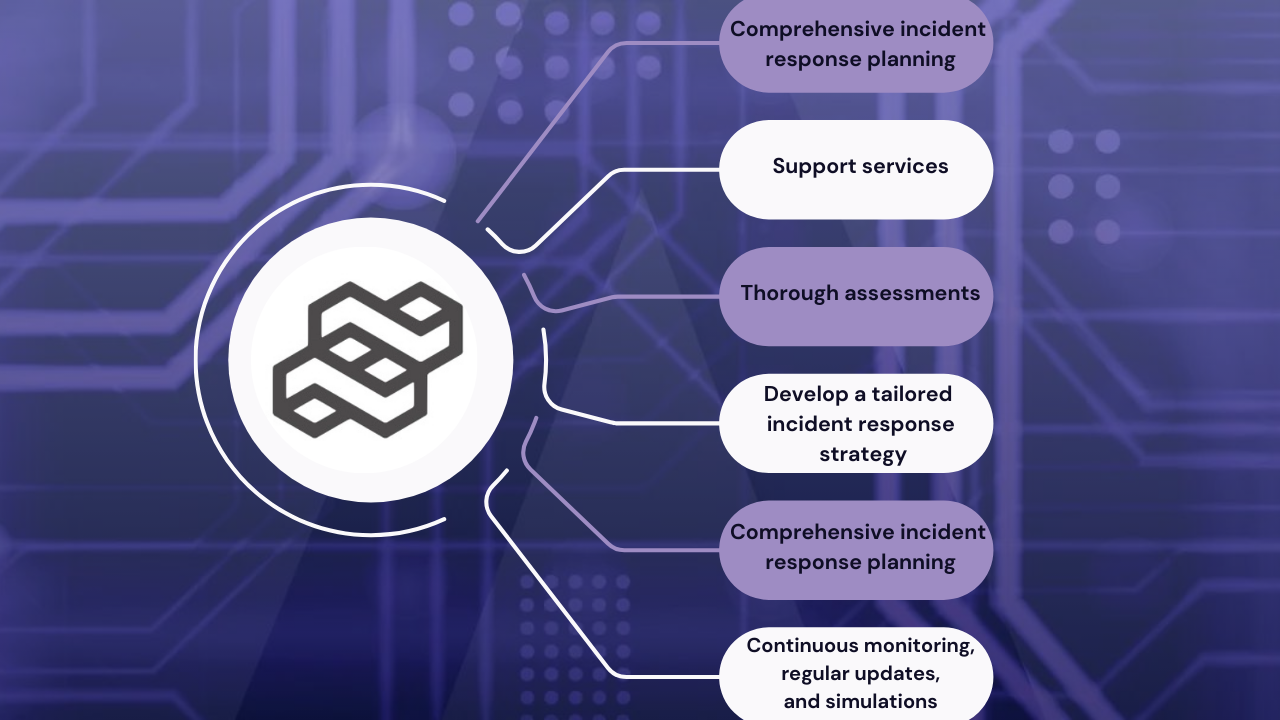
Cybersecurity incidents are not a matter of "if" but "when," making an effective incident response plan critical for any organization. As cyber threats become more sophisticated and frequent, organizations must be prepared to manage the aftermath of security breaches or cyber-attacks effectively. Not having an up-to-date incident response plan can lead to complications such as prolonged recovery times, increased damage, and higher risks, eventually leading to the downfall of business operations. Having a regularly updated and thoroughly tested plan is crucial for maintaining a strong security stature.

The importance of an effective incident response plan cannot be overstated in today’s cybersecurity landscape. By having a well-structured plan in place, organizations can quickly address and contain incidents, reducing potential damage and ensuring minimal disruption to business operations. It reduces the time needed for recovery, allowing operations to return to normal more swiftly. Furthermore, a robust plan helps in mitigating the risks associated with data breaches, safeguarding sensitive information and maintaining the organization’s reputation. Regular updates and rigorous testing ensure that the plan remains effective against emerging threats, providing a dynamic defense that evolves with the changing threat environment.
A robust incident response plan hinges on three key elements that ensure it functions optimally:
Assessment and Alignment: We evaluate your current incident response capabilities to identify gaps and areas for improvement, aligning your plan with industry best practices.
Tailored Strategies: We develop customized incident response strategies that address your organization's unique needs and vulnerabilities, ensuring a robust and resilient response framework.
Continuous Monitoring: We provide ongoing monitoring to ensure that your incident response plan remains effective, adapting to new threats and changes in your IT environment.

Simulating Threats: Enhance your preparedness by simulating various incident scenarios, including advanced persistent threats and ransomware attacks, providing targeted training and preparedness.
Detailed Analytics: Offer detailed analytics on your incident response performance, identifying strengths and areas for improvement, helping to fine-tune your strategies.
Regular Updates: Ensure that your incident response plan evolves with emerging threats through regular updates and assessments, maintaining your organization’s resilience against cyber threats.




